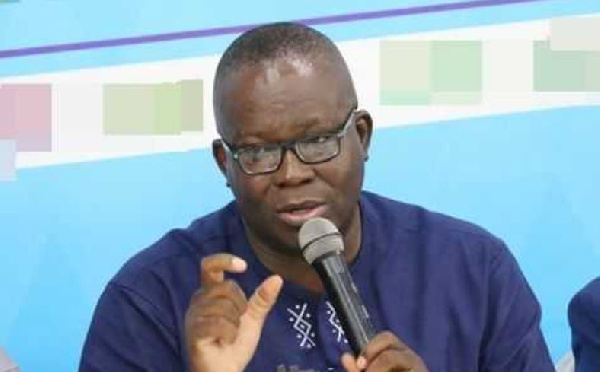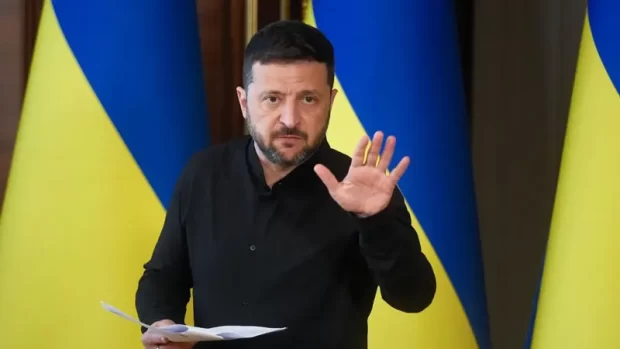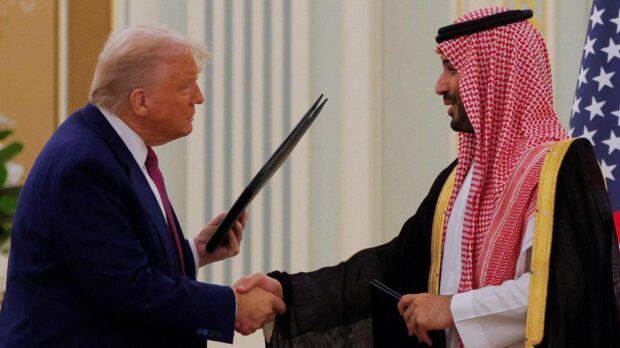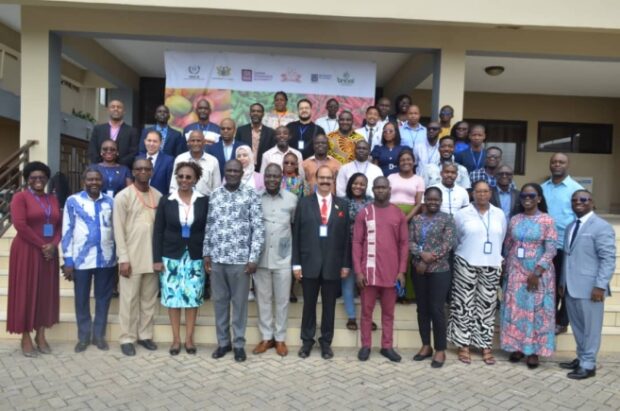
NAGRAT President Calls for Policy on Mobile Phone Use by Students – Current Ban Is Ineffective
The ongoing debate about mobile phone use in educational institutions has reached a new level with the call from the “National Association of Graduate Teachers (NAGRAT) President”. In a recent statement, the President argued that the current “ban on mobile phones” by students on campus is simply not effective, and a more “structured policy” needs to be introduced to ensure a “balance between technology and academic focus”.
Why Is the Mobile Phone Ban Ineffective?
For years, schools and universities across the country have implemented policies banning the use of mobile phones during class hours. However, according to the NAGRAT President, this approach has failed to achieve its intended goals. Students have found ways around the ban, and the use of mobile phones in class has only increased, leading to distractions rather than enhancing the learning environment.
The outright ban on mobile phones is not realistic. We need a policy that allows students to use technology responsibly without disrupting the academic setting,”said the NAGRAT President during a recent press conference.
The Need for a Structured Policy
NAGRAT’s call for a “mobile phone policy” comes after a series of consultations with educational stakeholders. The association believes that instead of an all-out ban, “institutions should implement guidelines” that balance mobile phone use with learning objectives. The policy would ideally include:
1. “Designated time” for students to use their phones, such as during breaks or in specific study sessions.
2. “Restricted usage” during class time, except for educational purposes.
3. “Clear consequences” for misuse, ensuring students understand the importance of respectful and productive phone use.
Impact on Student Learning
The “integration of mobile phones”into the academic sphere can be a “double-edged sword”. On the one hand, mobile phones can provide students with access to vast resources and learning tools, such as educational apps, research materials, and communication platforms. On the other hand, unregulated use can lead to ‘distractions” and “disruptions” in the classroom.
Research has shown that while mobile phones can be used for educational purposes, when students use their devices for non-academic activities, their attention and focus are negatively impacted. The NAGRAT President emphasizes that a **flexible policy** is the best approach to allow for academic growth while limiting distractions.
Public Response and Support
The call for a new mobile phone policy has received mixed reactions. Some students and teachers agree that a more structured approach is necessary, while others argue that “any form of restriction on mobile phones” might limit students’ ability to access resources instantly.
In contrast, parents and administrators seem to be leaning more towards supporting a “policy-based framework”, as it gives both students and teachers a clearer understanding of acceptable behavior regarding mobile phone use.
The Path Forward
It’s clear that the debate on mobile phone usage in schools will continue. However, the “NAGRAT President’s call for a comprehensive policy” sets the stage for more productive conversations around the role of technology in education. By moving away from an ineffective blanket ban and towards a “well-structured polic”, schools can create an environment where “technology is used responsibly” to enhance learning without sacrificing academic discipline.













Be the first to leave a comment